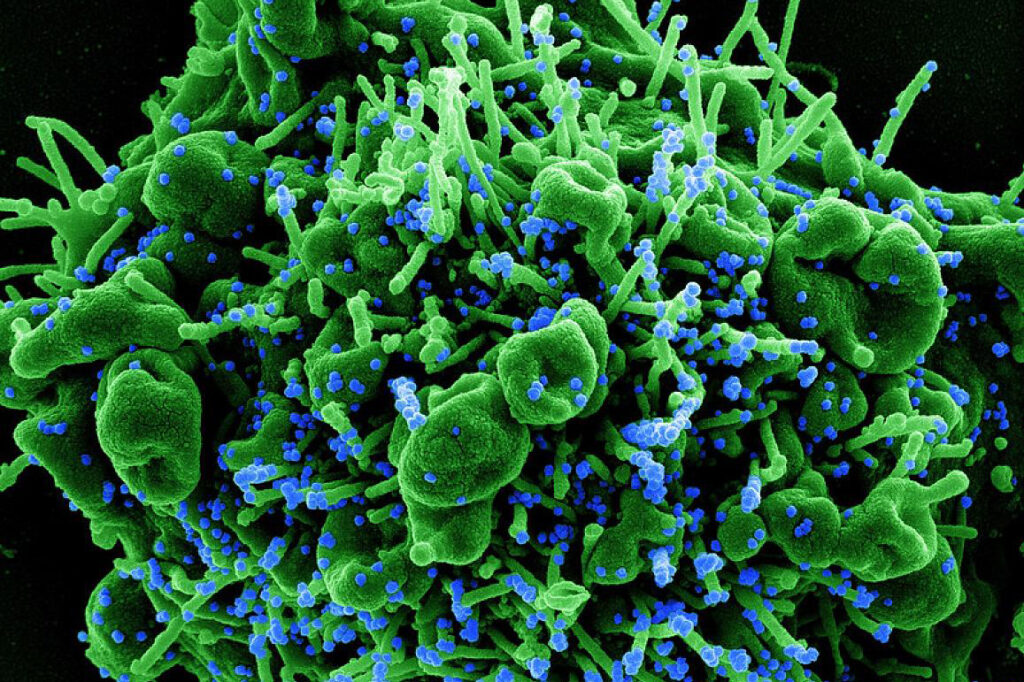The ACTIV-1 (ACCELERATING COVID-19 THERAPEUTIC INTERVENTIONS AND VACCINES) is a large randomized, placebo-controlled clinical trial led by the National Institutes of Health (NIH). The trial set out to determine if certain drugs that help minimize the effects of an overactive immune response could speed recovery and reduce deaths in adults hospitalized with moderate to severe COVID-19. The ACTIV-1 master protocol included three sub-studies; each one tested an immune modulator drug as compared to a placebo. This approach allowed for coordinated and efficient evaluation of multiple investigational agents simultaneously.
The trial shows that treating adults hospitalized with COVID-19 with infliximab or abatacept – drugs widely used to treat certain autoimmune diseases – did not significantly shorten time to recovery but did substantially improve clinical status and reduce deaths.
“When given in addition to standard of care treatments, like remdesivir and dexamethasone, infliximab and abatacept each offered a substantial reduction in mortality,” said the trial’s protocol chair, William G. Powderly, M.D., director of the Institute for Clinical and Translational Sciences and co-director of the Division of Infectious Diseases at Washington University School of Medicine in St. Louis. “These drugs could potentially add to the therapeutic options available for the treatment of patients hospitalized with COVID-19.”
The trial enrolled 1,971 participants at 46 medical facilities in the United States and 23 medical facilities in Latin America. Washington University, under the direction of lead investigator, Jane O’Halloran, MD, PhD, assistant professor of medicine, enrolled more patients than any other site with 128 patients participating in the study.
